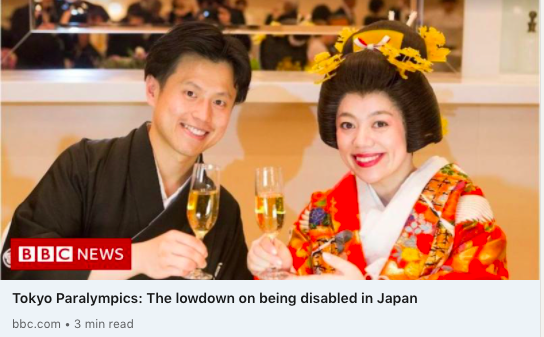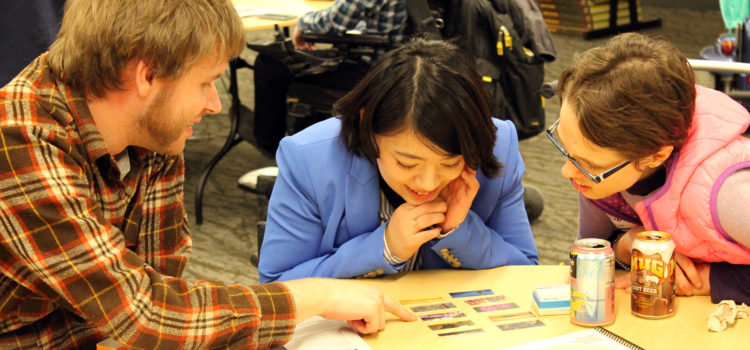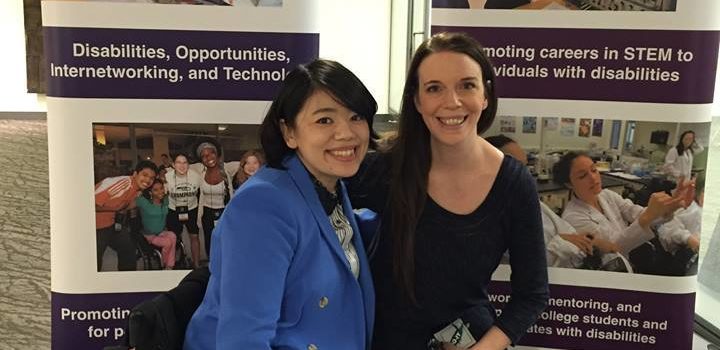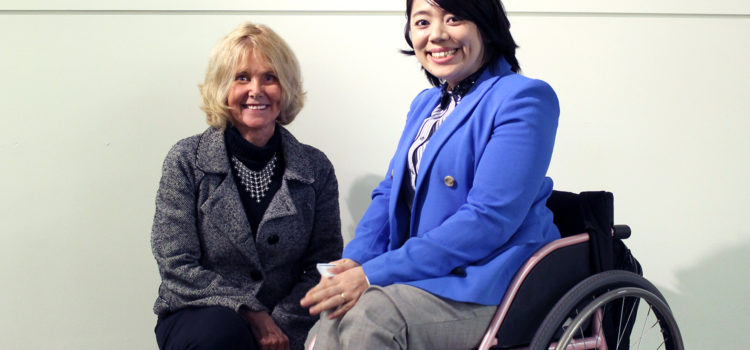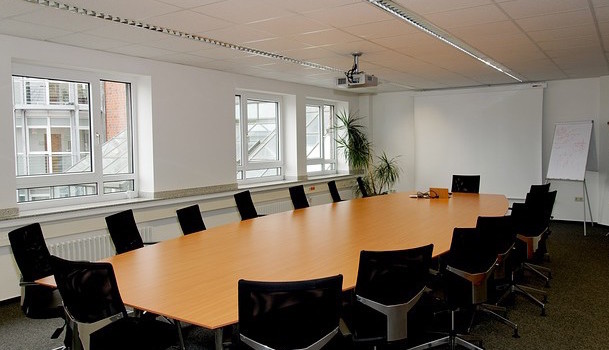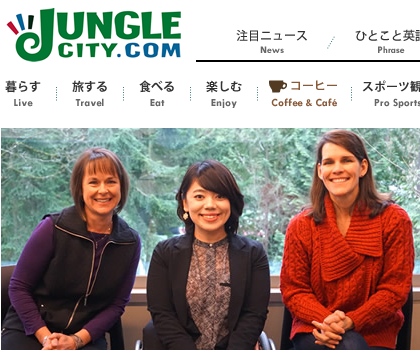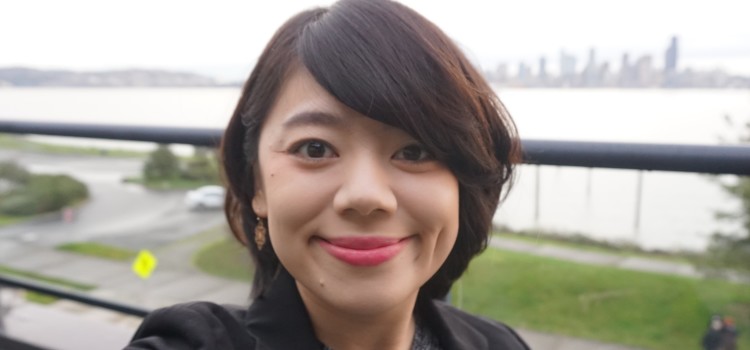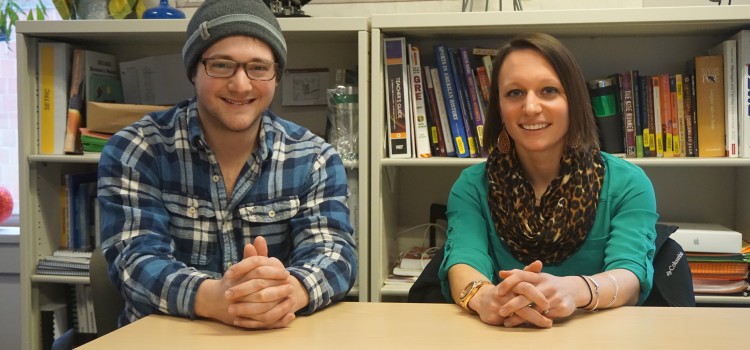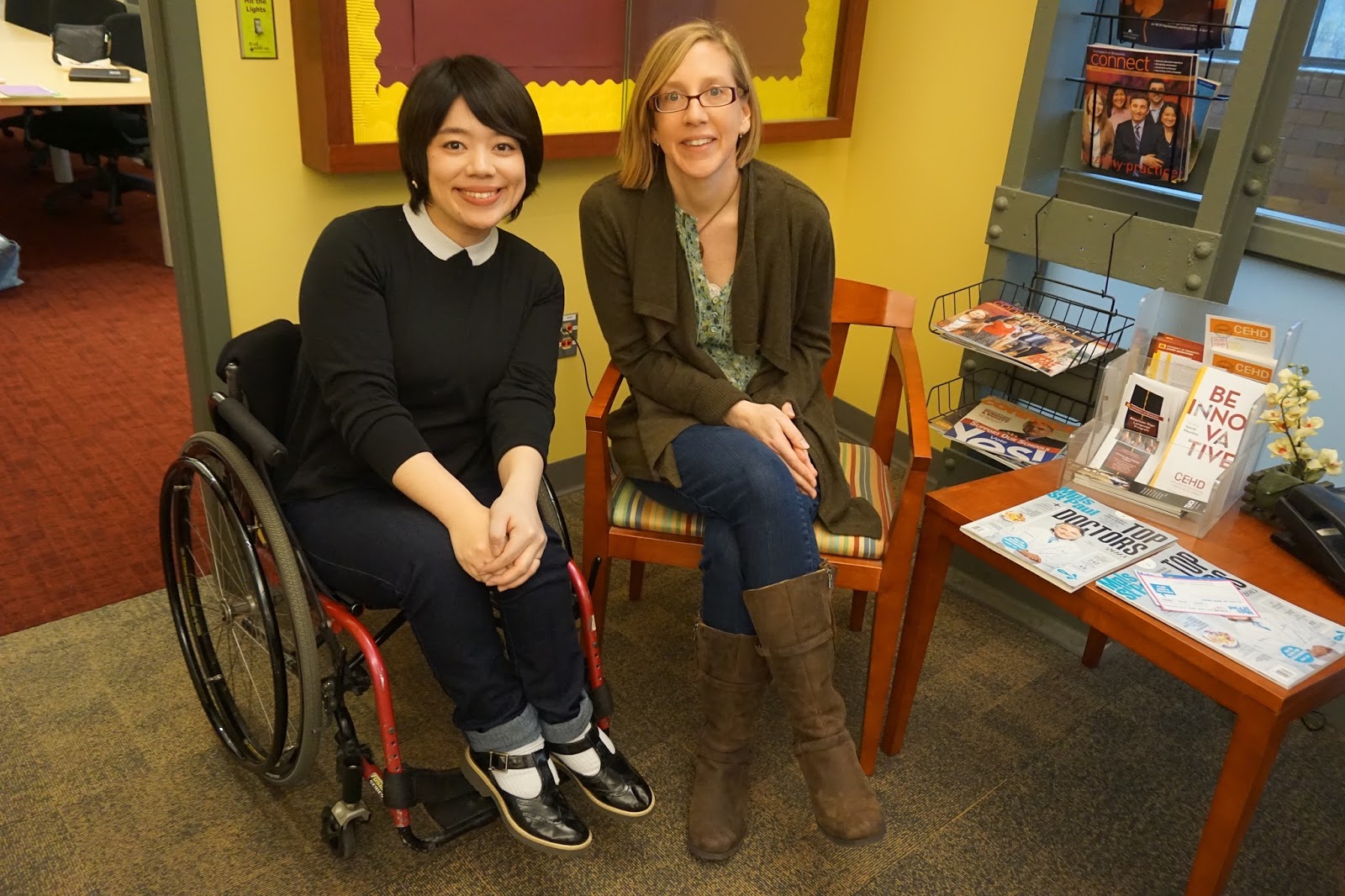I had an interview with BBC. BBC features a lot of news around Tokyo 2020, but they also want to focus beyond sports and hear especially the living environment of people with disabilities in Japan. I had shared my experiences and knowledge of education, employment, physical accessibility (building, restroom etc.) as well as the social benefit.
Mizuki’s BBC Interview Article and Podcast Are live!
